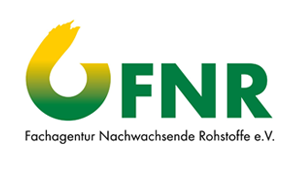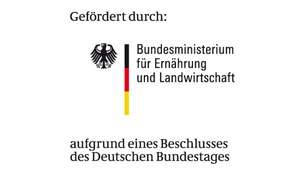Project
Biobased unsaturated polyester resins

Development of monomer free unsaturated polyester resins based on renewables
Many composite materials are dependent on petro-chemically produced unsaturated polyester resins. These contain large amounts of harmful styrene. We develop styrene-free, bio-based alternatives.
Background and Objective
Unsaturated polyester (UP) resins are used for a wide variety of industrial, household and hobby applications. Examples are fiber reinforced composites (e.g. used in the automotive, boat- and building industry), fillers, cabinet equipment, buttons and many more. UP resins are mainly low viscosity liquids, but some can are also highly viscous. The two main components are an unsaturated polyester and, as a reactive diluent, up to 60 % monomeric styrene which lowers the overall viscosity. Curing requires the addition of a hardener/initiator. The hardener initiates a chemical curing reaction between the polyester and the styrene which leads to a mechanically strong material.
The workplace exposure limit for styrene has been regularly reduced in the past years. To comply with these legal amendments, oligomeric styrene derivatives were used more often. Through this approach allowed to reduce the harming potential of unsaturated polyester resins, it allow to fully avoid styrene un UP resins.
The aim of this project is to develop monomer-free UP resins from renewable raw materials that do not require the addition of styrene. In order to meet the demands of many applications, adjustable viscosities within a wide range are desired.
Approach
During the first project stage the current material and production parameters of various conventional resins are analyzed and from these results new parameters for the monomer-free UP resins are derived. The second stage involves the synthesis and characterization of bio-based monomer-free unsaturated polyester resins and components and the elucidation of existing structure-property relationships. Finally, on this basis substitution potentials were determined and bio-based UP resins are formulated.
Results
Unsaturated polyester (UP) resins are used for a wide variety of industrial, household and hobby applications. Examples are fiber reinforced composites (e.g. used in the automotive, boat and building industry), fillers, cabinet equipment, buttons and many more. UP resins are mainly low viscosity liquids, but some can are also highly viscous. The two main components are an unsaturated polyester and, as a reactive diluent, up to 60 % monomeric styrene which lowers the overall viscosity. Curing requires the addition of a hardener/initiator. The hardener initiates a chemical curing reaction between the polyester and the styrene which leads to a mechanically strong material.
The workplace exposure limit for styrene has been regularly reduced in the past years. To comply with these legal amendments, oligomeric styrene derivatives were used more often. Through this approach the harming potential of unsaturated polyester resins could be reduced, but to fully replace styrene in UP resins is not possible at the moment.
The aim of this project is to develop monomer-free UP resins from renewable raw materials that do not require the addition of styrene. In order to meet the demands of many applications, adjustable viscosities within a wide range are desired.
Duration
9.2011 - 1.2015

![[Translate to English:] [Translate to English:]](/media/_processed_/3/6/csm_Hintergrund-Ausschnitt1_9daaef6b89.jpeg)
![[Translate to English:] [Translate to English:]](/media/_processed_/3/6/csm_Hintergrund-Ausschnitt1_0bd7111163.jpeg)







